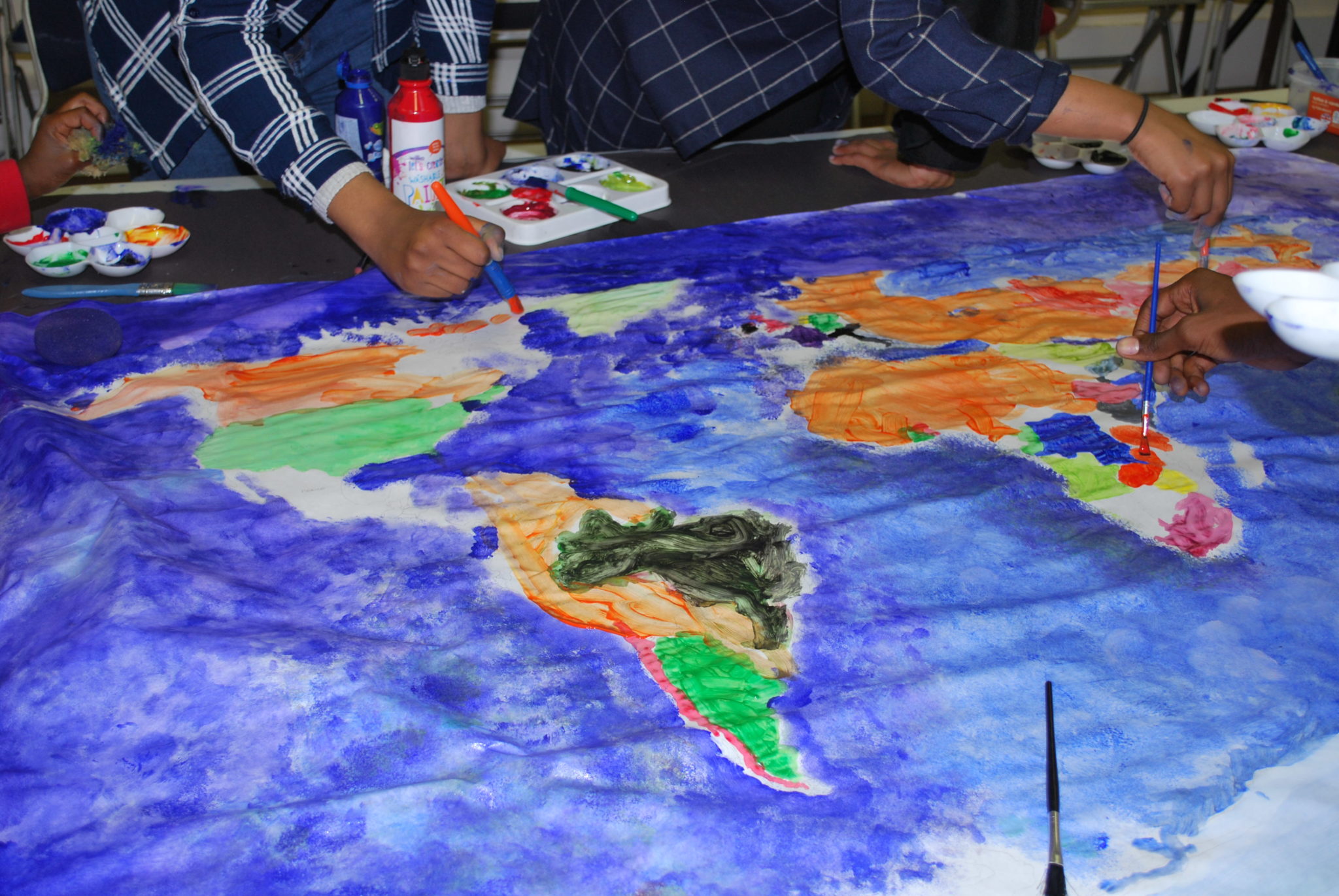Across Europe, refugees, asylum seekers and other migrants face a variety of challenges in accessing health, social care and welfare owing to differing entitlements depending on their legal status, inconsistent rules on whether they are able to be reunited with separated family members, and a general lack of understanding of their care needs. Indeed, European immigration and welfare systems tend to be built around Western nuclear family models, which often fail to recognise the diverse caring responsibilities many migrants have for relatives in countries of origin or other transit destinations, as well as in settlement countries.
The newly launched Transnational Families research project, led by Division member Ruth Evans aims to better understand these challenges through directly engaging with families in order to gather evidence of the relationships between care, inequality and wellbeing in the UK, Spain, France, and Sweden. The project will use this information in order to produce toolkits and training sessions to help practitioners and professionals provide more culturally appropriate care to these communities.
This three-year research project will be funded by the Joint Programming Initiative ‘More Years Better Lives’ (UK Research and Innovation-ESRC, ANR, AEI and FORTE) and will be achieved through collaboration between the University of Reading (UK), University of Leeds (UK), University of Aix-Marseille (France), University of A Coruña (UDC) (Spain), and Malmö University (Sweden).
For the full press release please click here

